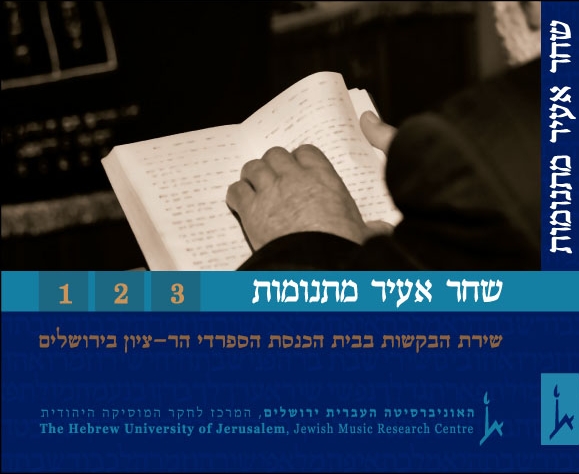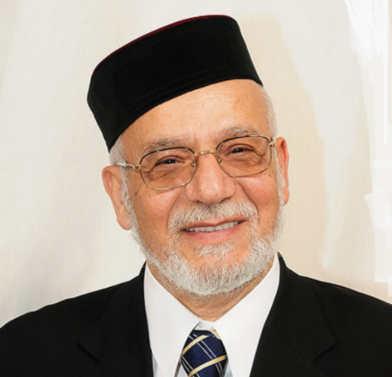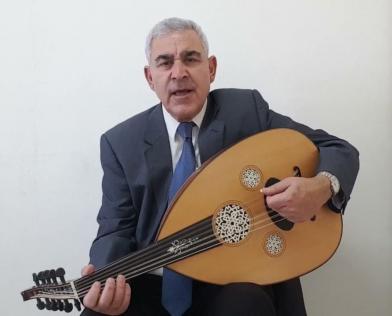2007
Elav mi hiqshah (To him, who was harsh)
Author: Abraham ibn Ezra (Opens with the last strophe of the previous piyyut, Shir hadash.) The first three and the last strophe are sung by the whole congregation. The lahan is in two sections, each of which contains three musical units. Melodic structure: 1(a-b-c) 2(a-d-e). Each unit corresponds to a verse. Units d and e correspond to the two last verses of the first strophe that is repeated as refrain in all the strophes. From the fourth strophe onwards it is performed by solo singers in the free improvisation style, with the addition of lehanim from Ladino and Arabic songs. In the fourth strophe (Arba' rashuyot) the improvisation is in maqam Husseyni, and it includes traditional lehanim of the Jews of the town of Urfa, on the Turkish-Syrian border. The lahan is that of the piyyut El peqod. Strophe 5 (Botz'im) is performed to a mawal and a lahan by the Egyptian composer Zakariya Ahmad, which was sung by the singer Urnm Kulthum (Inta al hawa).The piyyut Be-veit na'avah is also sung to this lahan. Strophe 6 (Ratzim) is sung to the tunes of two Ladino songs well-known in Jerusalem at the turn of the twentieth-century: La vida do por el raki (I give my life for the raki [alcoholic beverage]), and Pasharo d'ermozura (Beautiful bird); the latter is known in Israel in a Hebrew cover version as Ha-qtantana hismiqa (The little one blushed). Strophe 7 (Hem madliqin) opens with the lahan of the Greek song To yelekaki pu foris which is also known in its paraphrase in Ladino as Quiien ve tu pantalon duble (Who irons your pants?). The Ladino version was written in Salonica in the 1930s by the Jewish musicians Sadik Gershon and Moshe Cazes under the title El falsador. Beshabbat is sung to a lahan by the great Egyptian composer Muhammad Abdel Wahab in maqam Suznak. Strophe 8 is sung to another well-known lahan by Abdel Wahab Inta omri which became extremely famous through the performance by Umm Kulthum (1964). Strophe 9 (Hazak el) is sung to the lahan of an Arabic song, Salmat ruhah, to which the piyyut Sa liznuhakha is also sung. At the end of the song the phrase Tov, Ma tov shabbat, ma yafah shabbat is added.






